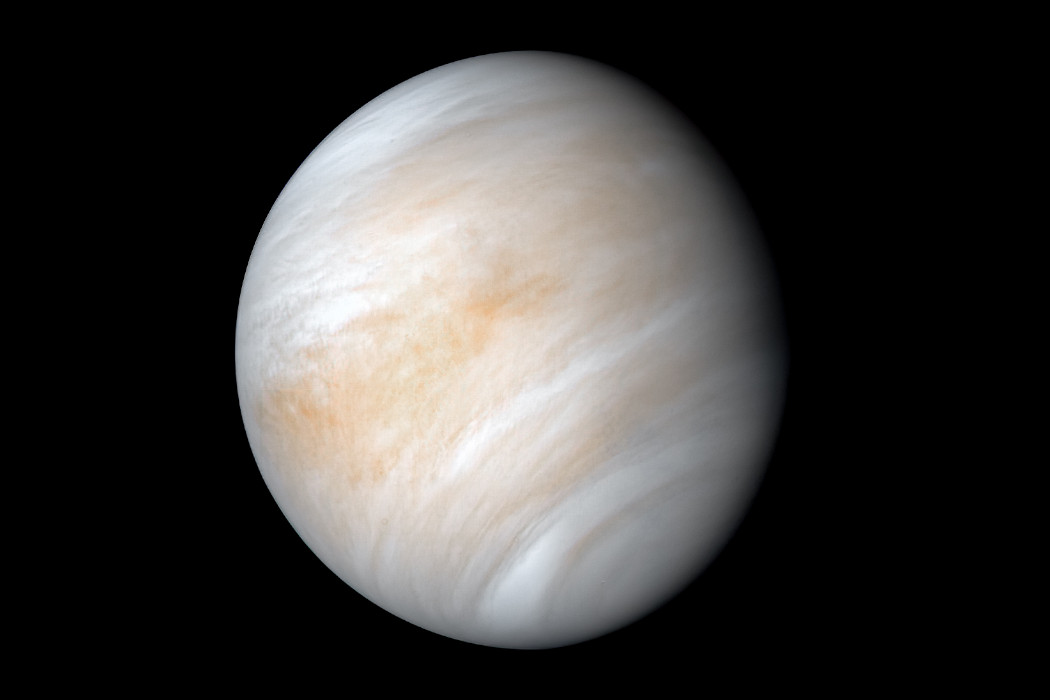Life on Venus! Unravelling the Truth Behind Discovery of Phosphine
The gas linked to life present in the atmosphere of Venus

The internet has been buzzing with the latest discovery of scientists that might indicate signs of life on Venus. Here we try to unravel the truth behind it all.
Phosphine on Venus
As per an article published in the journal Nature Astronomy, it has been stated that researchers have found phosphine gas in the acidic clouds that are situated in the atmosphere of Venus. This discovery is vital because, on earth, Phosphine is made by microbes which can thrive without oxygen or via industrial processes.
Talking about it, Jessica Dempsey who is the deputy director of the James Clerk Maxwell Telescope, Hawaii that detected the gas said: “You will find it over swamps and things that are decomposing, and also anaerobic life like microbes that are sucked up into the air and into our clouds.”
It must be noted here that Phosphine is also found in the Saturn’s and Jupiter’s atmospheres, but there it is made via chemical processes which are not possible on Venus or Earth.
This discovery on Venus can mean two things, first that there might be microbes living in the clouds above the planet or second that Phosphine is made by geological and chemical processes that are not on our planet and so we don’t understand them.
Stephen Kane, a planetary scientist from the University of California, Riverside, has urged people to be cautious about the result. He said, “We do see phosphine produced on Earth by biological processes, much more so than by geological, but that’s not to say it would happen that way everywhere.”
If life does exist on Venus, it would be quite different from the earth as the clouds of Venus are 90 percent acid and hence are very corrosive.
How significant is this news about the connection of Phosphine and existance of life on Venus?
Jim Bridenstine, NASA boss, has said that the discovery was the most significant development yet in the process of the search for life beyond our planet.
Life on Venus? The discovery of phosphine, a byproduct of anaerobic biology, is the most significant development yet in building the case for life off Earth. About 10 years ago NASA discovered microbial life at 120,000ft in Earth’s upper atmosphere. It’s time to prioritize Venus. https://t.co/hm8TOEQ9es
— Jim Bridenstine (@JimBridenstine) September 14, 2020
But there is no need to be overexcited about it because if life exists on Venus, the scientists should have found other signs of other chemicals that are associated with life as well.
NASA has given its nod to proposals for two discovery missions and a flagship mission to Venus in the next decade. The latter will explore Venus by using an orbiter, a glider, a lander, and a Teflon-coated balloon.
Another mission, DAVINCI+ mission will drop a probe through Venus’ atmosphere and land on the surface too. Dr Kane is working on it. Both missions will not just look for Phosphine; they will also look for phosphorous acid as the latter would indicate that non-biological processes produce the gas. Check back for more on this!














